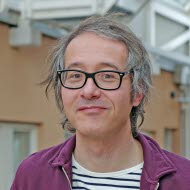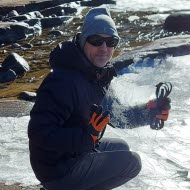History
History not only tells us something about the past, but also tells us why our present looks the way it does – and about alternative futures.
Love, war, politics, and what was on the dinner table 800 years ago are all part of history. As a student, you will develop your ability to evaluate interpretations of the past and handle large amounts of information.
Already at the basic level, we give you the tools to search further, understand and explain social change processes and the human being as a creator of culture on your own. You will gain knowledge of the main features of historical development and insights into how different theoretical starting points affect the interpretation of the past.
The sources and methods of historical science are another important part. It gives you as a history student better conditions, not only to analyse the past but also to understand the phenomena and processes that are happening right now.
Your history studies can lead to assignments in, for example, schools, archives, museums, public administration and journalism. Or really in any industry – the ability to interpret the past with a bearing on the present and the future is always of great value.
Several of our students study the subject as a first theoretical foundation before moving on to other subjects. Some study it as a complement to a degree – for some it is part of a teaching degree. Others study history as the main field of study in their bachelor's or master's degree. And some go on to graduate school and a Ph.D.
The first-cycle programme comprises three freestanding courses of 30 credits each – a basic course, a continuation course and a bachelor's course. At the advanced level, individual courses and a master's programme of a total of 60 credits are offered. In addition to the regular range of courses, we also offer a number of broad courses in specific sub-areas. Extension courses can be included in the degree but do not qualify for the next level of progression in the subject.
Fristående kurser i Historia
Employees at the subject history





















